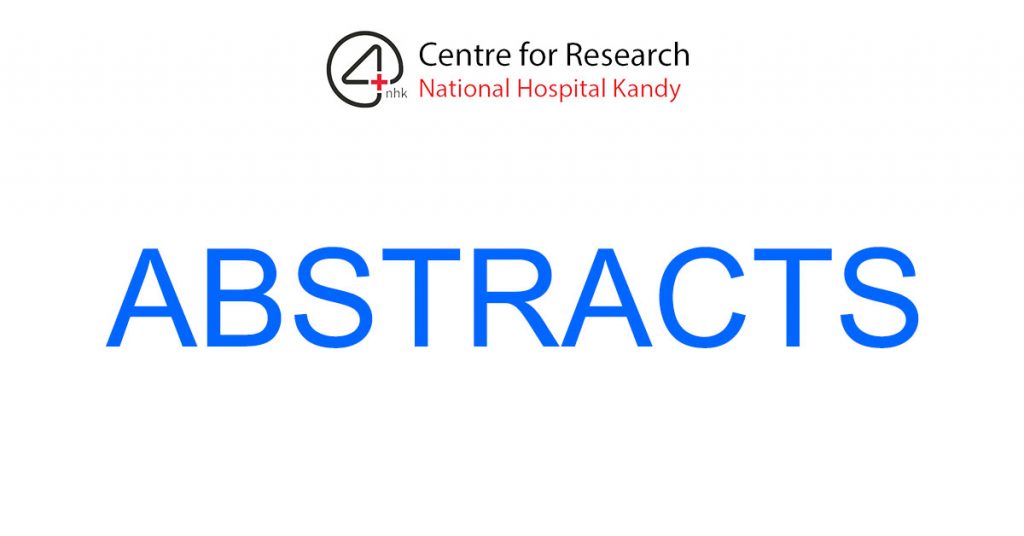The great majority of medications in psychiatrists’ treatment systems were produced decades ago, at a time when we knew relatively little about the pathogenesis of neuropsychiatric illnesses. As a result, even the most effective drugs for treating disorders like depression can only help a small percentage of patients, and only for a short period of time. First, if we are going to get beyond simply treating the symptoms of mental illness to actually healing the condition, we need to adopt really innovative therapeutic approaches. When it comes to treating a variety of mental health issues, including depression, post-traumatic stress disorder (PTSD), and substance use disorder, the use of psychedelics as medicine is one of the most promising new advances in neuropsychiatry (SUD). The joint efforts of chemists, molecular biologists, neuroscientists, psychologists, and doctors try to understand exactly how these strong medications alter brain function.
Psychedelics cause a dramatically changed state of consciousness, which is explained by a significant relaxation of the normal limitations on brain activity. The brain is less constricted, more flexible, and more connected in the psychedelic experience. Along with these new insights into the neurobiology of psychedelics has come the use of psilocybin (active compound in magic mushrooms) to assist dying persons in coming to terms with their impending death or to assist patients with serious psychiatric issues (such as resistant depression) in accepting their state. Additionally, pilot studies have been conducted on the use of psilocybin to treat smoking and alcohol dependence.

Additionally, near the end of 2016, Roland Griffiths of Johns Hopkins and Stephen Ross of New York University, both in the United States, reported on the two largest placebo-controlled clinical trials of psilocybin ever done. Because the designs were similar, they served as a type of validation for one another. Both studies have shown a significant benefit of psilocybin again, at a single 25 mg dose in reducing the anxiety and depression commonly experienced by persons approaching death from incurable medical diseases.
These findings drew widespread support, with numerous former presidents of the American Psychiatric Association writing in favor of additional psychedelic study. On the basis of this enthusiasm and the efficacy established in two large, independent trials, there is currently a plan to push for the licensing of psilocybin for depression treatment, an approach that has been recognized as realistic by the FDA (Food and Drug Administration) in the United States.
To fully understand how these potent medications affect brain function and human health, we must adopt different perspectives, study across length scales, and leverage cutting-edge scientific methods. Neuropsychiatry is urgent to develop effective treatments for disorders such as depression, PTSD, and substance use disorder, which are among the leading causes of disability globally. While psychedelics have immense potential for treating these diseases, we must avoid hype, proceed cautiously with therapeutic applications, and, most importantly, perform psychedelic research with the rigor required of modern science.
![]()

